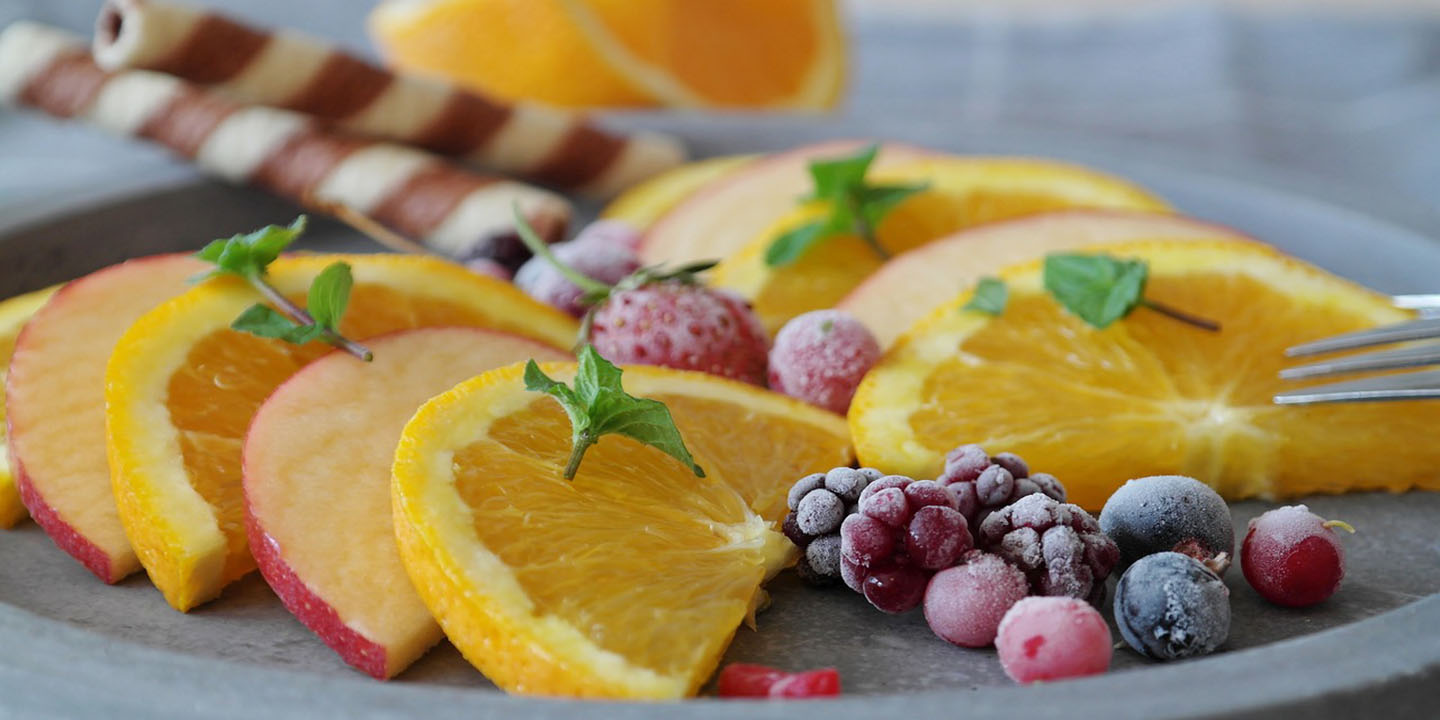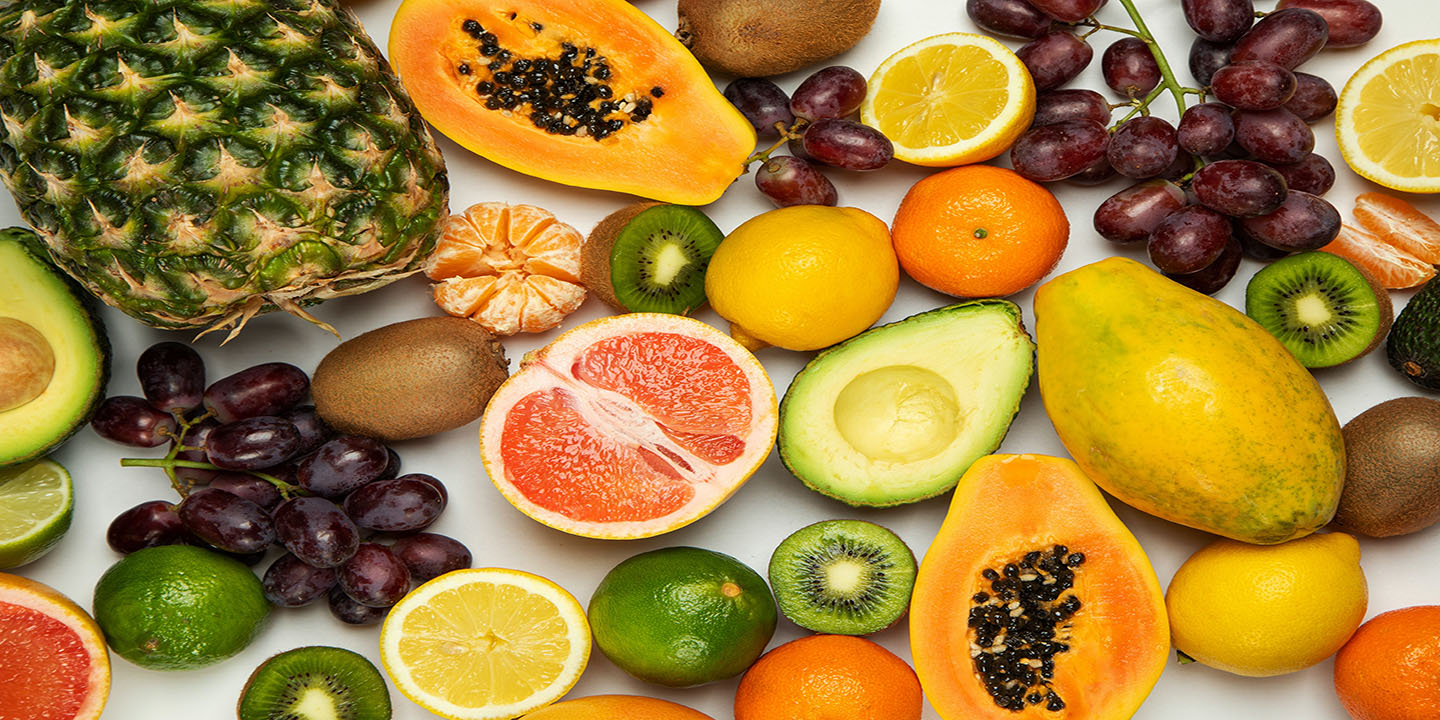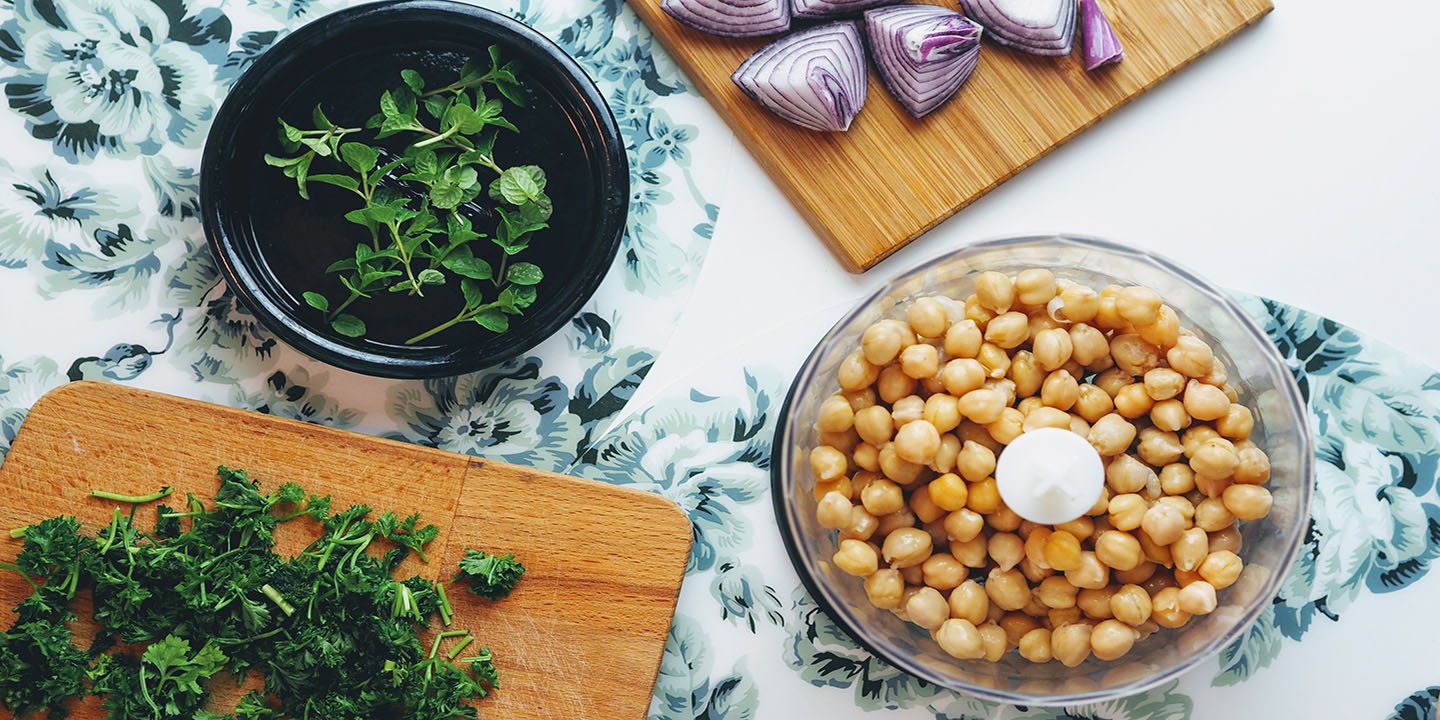Avoid These 10 Foods If You Have Stomach Ulcers, Eat These 10 Instead
In addition to antibiotics, your diet plays a large role in stomach ulcer maintenance. Incorporating high-fiber foods that are also gentle on your stomach can not only soothe ulcer symptoms but also help keep future ulcers at bay and fight against the bacteria that cause them. Other foods, however, can exacerbate symptoms and cause additional discomfort like bloating and nausea. Let’s dive into which foods are best and worst for stomach ulcers.
1. Alcohol
Alcohol can produce more stomach acid, destroys the stomach lining, and can easily lead to vomiting or bloating—two symptoms you’ll deal with enough if you have a stomach ulcer. Not only that, but alcohol can interfere with medications required to clear up ulcers, impeding their effectiveness.
2. Citrus Fruits
There’s good and bad news regarding citrus fruits. The bad news is that highly acidic fruits like lemons and oranges can cause further stomach discomfort, but the good news is that citrus fruit doesn’t negatively affect everyone with ulcers. If you notice any discomfort then it’s best to keep away until your ulcer is gone.
3. White Bread
Refined carbs like white bread, rice, or pasta have a high dietary acid load, increasing the chances of acid production and potentially worsening ulcer symptoms. If you have stomach ulcers, it’s better for some to stick with whole grains.
 Photo by Charles Chen on Unsplash
Photo by Charles Chen on Unsplash
4. Soda
Don’t even think about that can of soda because carbonated beverages only make your life worse (if you have an ulcer). The carbonation alone already has the potential to worsen symptoms, but soda is also loaded with sugar and caffeine. It’s also known to cause bloating in some people.
 Photo by James Yarema on Unsplash
Photo by James Yarema on Unsplash
5. Chocolate
Chocolate has caffeine and a high amount of sugar, both of which can exacerbate ulcer and acid reflux symptoms. Unfortunately, this classic dessert is off the menu so you can avoid further pain or digestion problems.
 Photo by Jason Leung on Unsplash
Photo by Jason Leung on Unsplash
6. Processed Meats
Anyone with stomach ulcers should avoid processed meats like bacon and deli meats—they have plenty of salt and preservatives, which can worsen symptoms. They’re also often high in fat, which can also lead to further digestive issues.
 Photo by Wright Brand Bacon on Unsplash
Photo by Wright Brand Bacon on Unsplash
7. Fried Foods
Fried foods are best avoided because they’re harder to digest, can worsen ulcer symptoms, and quickly lead to stomach issues. Keep in mind that fried foods extend beyond meat dishes—they also include things like potato chips, spring rolls, or french fries.
 Photo by Lucas Andrade on Unsplash
Photo by Lucas Andrade on Unsplash
8. Spicy Foods
The last thing sensitive stomachs need is further discomfort, so avoiding spicy foods is important. Capsaicin, the compound in spicy food responsible for all its heat, can exacerbate ulcers and their symptoms by causing heartburn or digestion issues.
 Photo by Artem Beliaikin on Unsplash
Photo by Artem Beliaikin on Unsplash
9. Caffeine
Skip that morning cup of coffee to stop further stomach acid production, which will only aggravate existing ulcers. It’s best to avoid caffeine altogether or at the very least significantly decrease consumption—and that goes for decaffeinated coffee and some teas as well, like black and oolong.
 Photo by Taylor Franz on Unsplash
Photo by Taylor Franz on Unsplash
10. Baked Goods
There are several reasons to keep away from high-sugar foods: they can lead to inflammation, delay ulcer healing, and cause fluctuations in blood sugar levels, which exacerbates ulcer symptoms. Commercially produced cakes, cookies, and pastries are all off the table.
 Photo by Crazy Cake on Unsplash
Photo by Crazy Cake on Unsplash
Now let's look at which foods are beneficial for those with stomach ulcers.
1. Oatmeal
High-fiber diets are best for those with stomach ulcers because they reduce the amount of stomach acid you have and can also help ease unpleasant symptoms like bloating. Turn to oatmeal for an easily digestible food that not only eases symptoms but can prevent ulcers from popping up in the first place.
 Photo by Nataliya Melnychuk on Unsplash
Photo by Nataliya Melnychuk on Unsplash
2. Ginger
Ginger is a natural anti-inflammatory, making it a perfect place to turn for reduced nausea and GI upset. It can also ease stomach pain and has been known to help in the prevention of ulcers. However, be mindful of how much you take because too much ginger can have the opposite effect and cause heartburn.
 Photo by Dean David on Unsplash
Photo by Dean David on Unsplash
3. Bananas
Bananas are easy to digest, rich in fiber, and low in acidity, making them a great candidate for your diet. They help reduce the discomfort of symptoms and also absorb stomach acid, further alleviating the pain of ulcers.
 Photo by Gabriel Mihalcea on Unsplash
Photo by Gabriel Mihalcea on Unsplash
4. Broccoli
Broccoli is rich in fiber and antioxidants, which is beneficial enough for overall health, but it also contains a compound called sulforaphane—this compound helps to attack the bacteria known to cause stomach ulcers, helping reduce inflammation and even protecting against some cancers.
 Photo by Önder Örtel on Unsplash
Photo by Önder Örtel on Unsplash
5. Yogurt
Yogurt seriously aids gut health thanks to its probiotics, so be sure to include it in your diet. Not only does it help balance gut bacteria, but yogurt also helps reduce inflammation and can support ulcer healing.
6. Leafy Greens
Leafy greens like kale, spinach, and chard come with all kinds of fiber and antioxidants. Fiber is already helpful enough in the fight against stomach ulcers, but leafy greens also have vitamins and calcium that further support ulcer healing and overall health.
7. Olive Oil
Though it’s not as conclusively effective as some other foods on this list, olive oil has been known to help fight off the bacteria that cause stomach ulcers. In addition to its antimicrobial properties, olive oil also comes with plenty of polyphenols, which help attack several strains of ulcer-causing bacteria, including those unaffected by antibiotics.
 Photo by Dimitri Karastelev on Unsplash
Photo by Dimitri Karastelev on Unsplash
8. Honey
Honey is a natural sweetener rich in antioxidants and antibacterial properties, both of which help soothe the stomach lining and reduce inflammation. A touch of it in some tea can help reduce the pain caused by ulcers and prevent further ulcer-causing bacteria growth.
9. Fatty Fish
Salmon, mackerel, and sardines are high in omega-3 fatty acids, a healthy fat that reduces inflammation and can even help prevent future ulcers. However, lean proteins like turkey and chicken are also beneficial for those with ulcers as they’re good sources of protein and don’t have a ton of fat.
 Photo by Melanie Andersen on Unsplash
Photo by Melanie Andersen on Unsplash
10. Berries
Raspberries, strawberries, cranberries, and blueberries are all helpful in the fight against ulcers—their high levels of fiber and polyphenols soothe ulcer symptoms and have also been known to ward off bacteria.
KEEP ON READING

The Most Popular Signature Dishes Around the World












